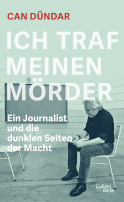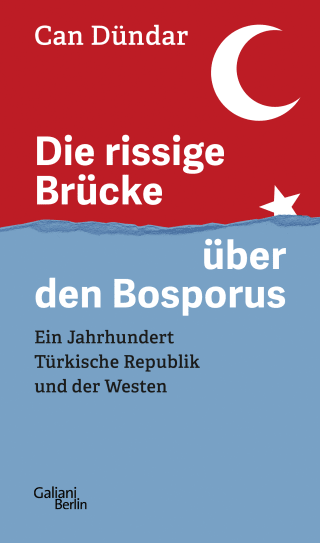Can Dündar, wanted as a “terrorist” in Turkey and sentenced in absentia to more than 27 years in prison, writes about the Turkish Republic’s hundred-year struggle for a free society with a keen eye to recent decades and the events surrounding the fateful election in May 2023.
It has been 100 years since the ailing Ottoman Empire collapsed and the Turkish Republic was established. Its aim was to become a radically modern state, the bridge to Europe was built. In 1952, Turkey became part of NATO, but, ironically, the introduction of a multiparty system gave a boost to the Islamist-conservative forces and, since then, there have been coups, party bans, and martial law.
When Erdoğan became prime minister in 2013, he wanted to lead the country into the EU, but as his party became powerful, the government under him became increasingly autocratic. His administration intensified the repression of the Kurds and waged war in Syria and Iraq. It changed the constitution, kept the economy and the judiciary on a short leash, and banned critics and opposition parties. No one is immune from arrest, no matter how bizarre the pretexts. Before and after the election, the country was and is more torn than ever.
Can Dündar writes about a century of dramatic events and struggle. He also offers a glimpse of what might be next for Turkey.



